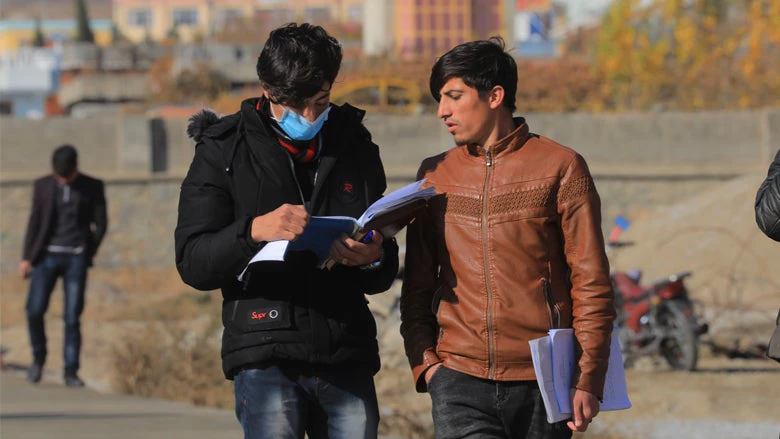A new page on the World Bank’s web site emphasizes that addressing climate change is first and foremost a development priority for Africa. Even if emissions of CO2 and other greenhouse gases stopped today, there is wide agreement among scientists that global temperature will increase by 2 degrees Celsius by mid-century. If no action is taken to adapt to climate change, it threatens to dissipate the gains made by many African countries in terms of economic growth and poverty reduction over the past ten years.
 |
| Photo © World Bank |
Adaptation will not come cheap. A recent study of the World Bank estimates an annual average cost (in the period 2010-2050) of some $17-18 billion. However, international efforts to control climate change might open up important development opportunities for Africa. A key area is Reducing Emissions from Deforestation and Forest Degradation (REDD), one of the hot topics under discussion at the Copenhagen summit. According to one estimate, annual revenue from REDD activities in Africa could reach as much as $5.7 billion (under a scenario of 30 percent avoided deforestation and 217 tonnes of CO2 equivalent per hectare, priced at $20/ton).
Another important area is agriculture and natural resource management. By promoting land management techniques that enhance the storage of carbon in agriculture soils–which the Bank is helping to pilot in Kenya, Africa can at the same time greatly contribute to global mitigation efforts, enhance long-run agriculture productivity (and thus food security), and generate revenues from the carbon markets—estimated to be potentially in excess of US$ 2.5 billion by 2030. This would be about twice the size of the average volume of Overseas Development Assistance (ODA) for Africa’s agriculture over the past decade.
But Africa cannot both address the threat and seize the opportunity entirely on its own. New and additional resources will be needed in support of adaptation. A significant expansion of the scope of carbon trading is required to remunerate carbon emission reduction in agriculture and forestry, two areas largely overlooked by the Clean Development Mechanism (CDM) established under the Kyoto Protocol.
This is why international climate negotiations matter so much for Africa. A positive outcome at Copenhagen may mark a turning point for the continent’s prospects for longer-term sustained growth. A harsher climate need not be an impediment for Africa’s development.


Join the Conversation